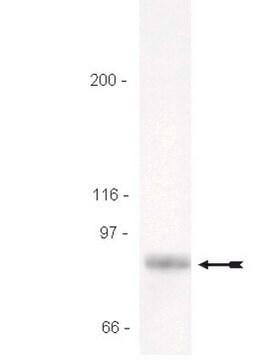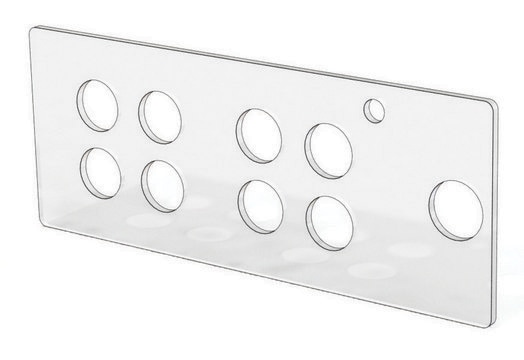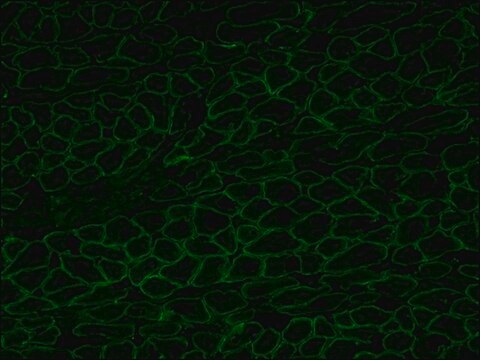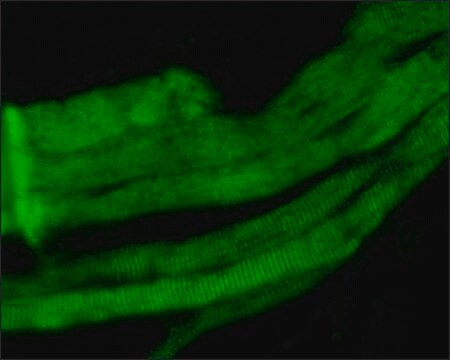MAB2636
Anti-SERCA2 Antibody, clone IID8
clone IID8, from mouse
Synonym(s):
Sarcoplasmic/endoplasmic reticulum calcium ATPase 2, SR Ca(2+)-ATPase 2, ATPase, Ca++ transporting, cardiac muscle, slow twitch 2, Calcium pump 2, Calcium-transporting ATPase sarcoplasmic reticulum type, slow twitch skeletal muscle isoform, Endoplasmic r
About This Item
Recommended Products
biological source
mouse
Quality Level
antibody form
purified antibody
antibody product type
primary antibodies
clone
IID8, monoclonal
species reactivity
human
technique(s)
immunocytochemistry: suitable
immunohistochemistry: suitable
western blot: suitable
isotype
IgG1κ
NCBI accession no.
UniProt accession no.
shipped in
wet ice
target post-translational modification
unmodified
Gene Information
human ... ATP2A2(488)
General description
Specificity
Immunogen
Application
Cell Structure
Cytoskeleton
Cytoskeletal Signaling
Quality
Western Blot Analysis: 0.5 µg/ml of the antibody detected SERCA2 in 10 µg of HEK293 cell lysate.
Target description
Physical form
Storage and Stability
Analysis Note
HEK293 cell lysate
Other Notes
Disclaimer
Not finding the right product?
Try our Product Selector Tool.
Storage Class Code
12 - Non Combustible Liquids
WGK
WGK 1
Flash Point(F)
Not applicable
Flash Point(C)
Not applicable
Regulatory Listings
Regulatory Listings are mainly provided for chemical products. Only limited information can be provided here for non-chemical products. No entry means none of the components are listed. It is the user’s obligation to ensure the safe and legal use of the product.
JAN Code
MAB2636:
Certificates of Analysis (COA)
Search for Certificates of Analysis (COA) by entering the products Lot/Batch Number. Lot and Batch Numbers can be found on a product’s label following the words ‘Lot’ or ‘Batch’.
Already Own This Product?
Find documentation for the products that you have recently purchased in the Document Library.
Our team of scientists has experience in all areas of research including Life Science, Material Science, Chemical Synthesis, Chromatography, Analytical and many others.
Contact Technical Service








